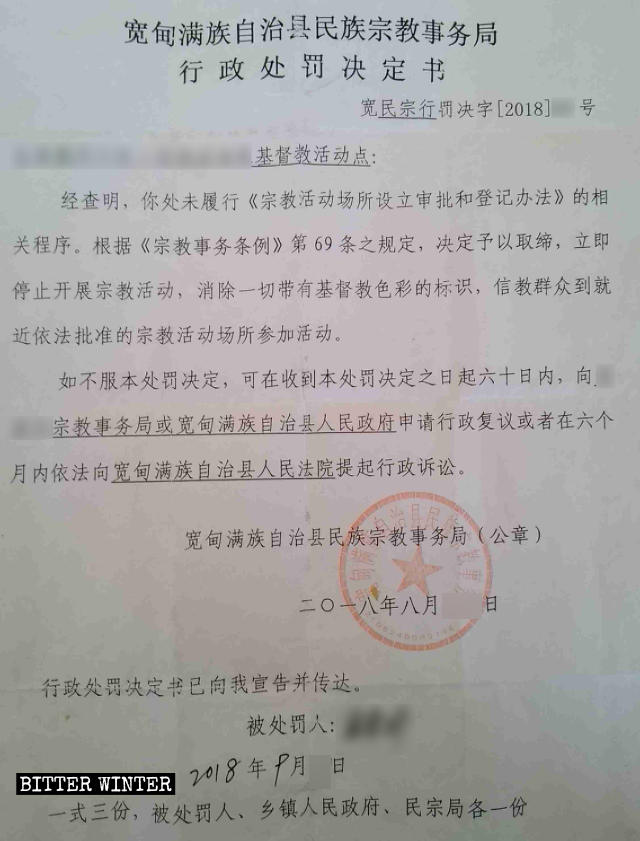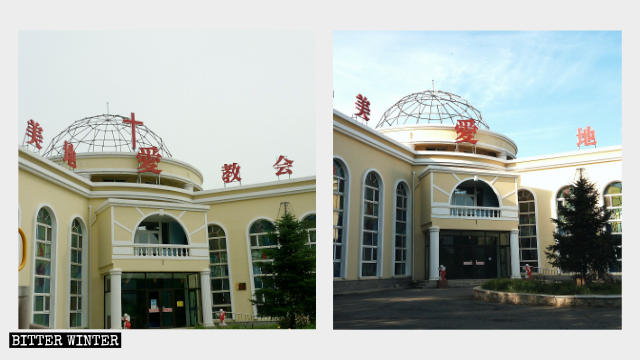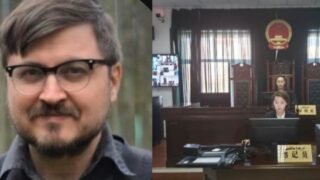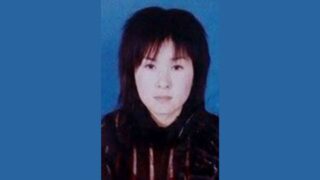Henan set the example: Campaigns to remove crosses, close down house churches, and repurpose religious buildings documented in dozens of cities across China.


Bitter Winter has documented extreme religious persecution techniques implemented in Henan Province, in the central Yellow River valley of China, that has the largest Christian population in China. Crosses have been torn down from churches, names of buildings have been changed to remove religious references, and house churches have been closed.


The Henan model of persecution seems to be spreading to other regions of China. Even government-controlled churches and gathering venues that are affiliated with and governed by the Three-Self Church are being persecuted as well. In the past, such gathering venues were allowed to function without the requirement to be registered as a separate religious entity, but now, the authorities are closing them in large numbers.


Fifty-eight house churches in Liaoning have been closed since August. Bitter Winter has received reports of 24 closures in the city of Shenyang; seven each in the cities of Anshan and Dandong; four in Liaoyang city; three each in the cities of Dalian and Panjin; two each in the cities of Zhuanghe, Donggang, Haicheng, and Tieling; and one each in the cities of Benxi and Fengcheng.


Over the past four months, Bitter Winter has received reports of crosses being removed from at least 61 meeting venues in the northern Heilongjiang Province, including from government-controlled Three-Self churches. The reports come from more than 30 cities and counties, including the cities of Harbin, Daqing, and Shuangyashan.


Crosses were also removed from at least 80 meeting venues in the northeastern Liaoning Province between February and November of 2018.


In January 2019, government personnel ordered the removal of the cross, the words “Jesus Christ is the King of Kings,” and other religious symbols inside a Three-Self church named Bao’entang (literally “Gratitude Hall”) in Shandong Province’s Linyi city.


The removal of crosses is implemented in full force in Jiangxi Province as well. In the province’s Xinyu city alone, crosses from more than 20 churches have been removed and destroyed in the past few months.


Henan’s campaign to destroy religious symbols in the homes of believers has also been replicated in other provinces. Inland from Shanghai, Anhui Province has the second largest population of Christians in the country. Across the province, and especially in the cities of Fuyang and Lu’an, local government personnel have torn up religious portraits in Christians’ homes, posted portraits of Xi Jinping, and revoked the subsistence allowances of those who continue adhering to their faith.


“If you’re living off of the Communist Party, you cannot believe in Jesus,” was the threat made by officials from Fuzhou, Yingtan, Shangrao in Jiangxi Province to low-income families relying on government subsidies.


Businesses are also suffering from the forced removal of religious symbols: Among other restaurants and shops, in December 2018, the signboard of a restaurant named “Lord’s Grace Noodle House” in Lingshanwei town, under the jurisdiction of Qingdao city in Shandong Province was removed, along with works of calligraphy and paintings related to Christian belief.


Henan Province also pioneered the repurposing of religious meeting venues for secular use, and the practice is now spreading. A house church in Shanxi Province’s Linfen city was converted into a Party branch office. The cross on the church roof was demolished, and the biblical scripture banners that were hanging inside were replaced with the Party constitution and Party regulations. The Christian-themed couplet at the main entrance was destroyed and replaced with a sign reading “Party Branch of Wumo Village, Jindian Town.”


On October 25, the cross was removed from a Three-Self church of Yunwan village in Jiangxi’s Shangrao city, and a sign reading “Yunwan Village Activity Venue” was put up. Government officials claimed that the church was repurposed because it was too close to the village committee, and that policy stipulates that churches are prohibited near village committees, schools, and highways. Earlier, in September, the cross was removed from another Jiangxi Three-Self church located across from the village committee of Paitou village. The following month, a sign reading “Activity Center” was put up.
Meanwhile, the Three-Self church in Tujia village has been converted into a “rural reading room.” This church narrowly escaped demolition. Local government inspectors declared the community an “impoverished village.” They said the church was so well-built compared to the rest of the buildings that it needed to be torn down. To protect the church from demolition, believers agreed to convert it into a “rural reading room.”
Reported by Tang Zhe and Zhou Hua









